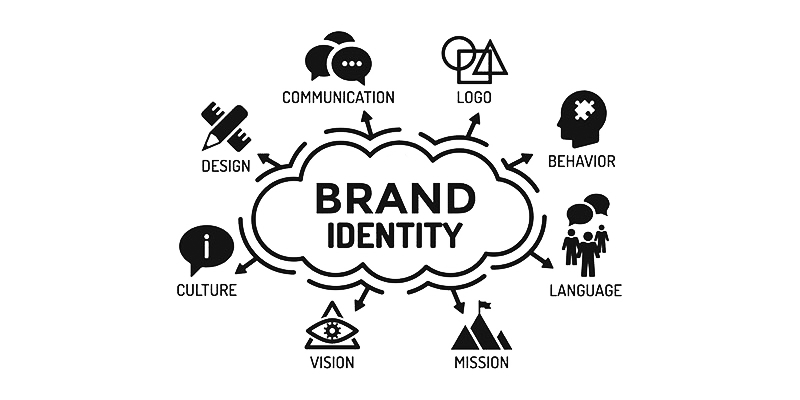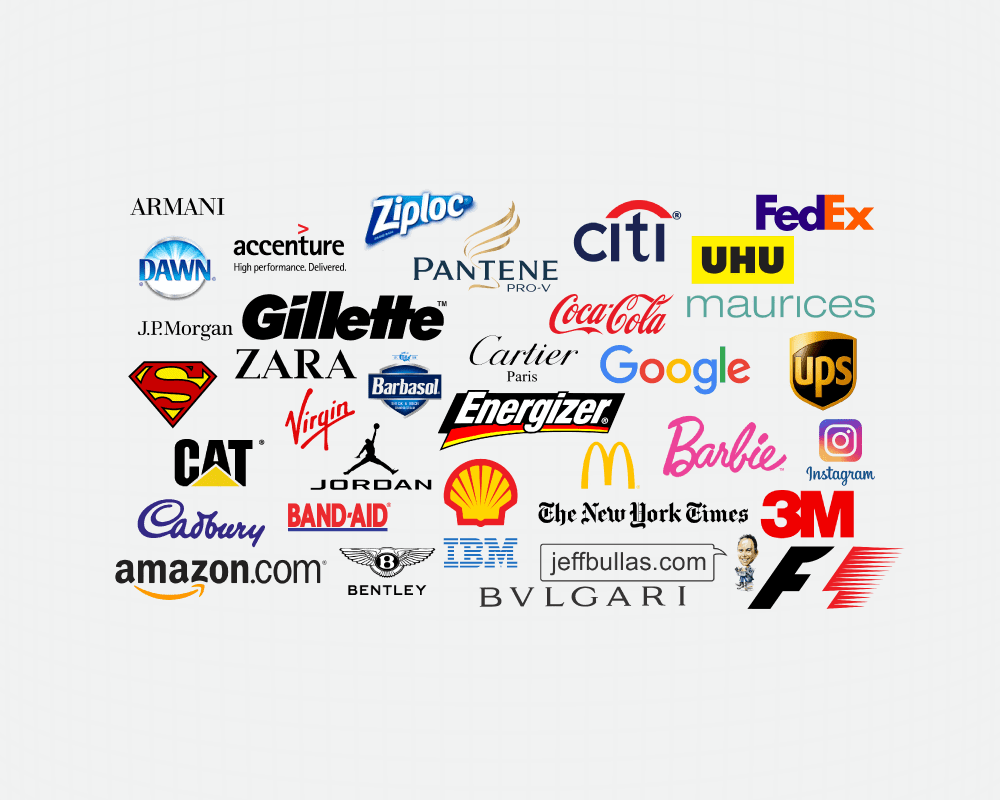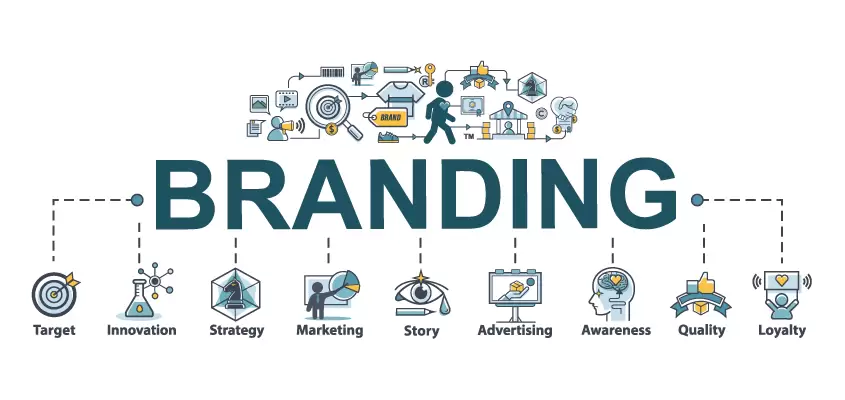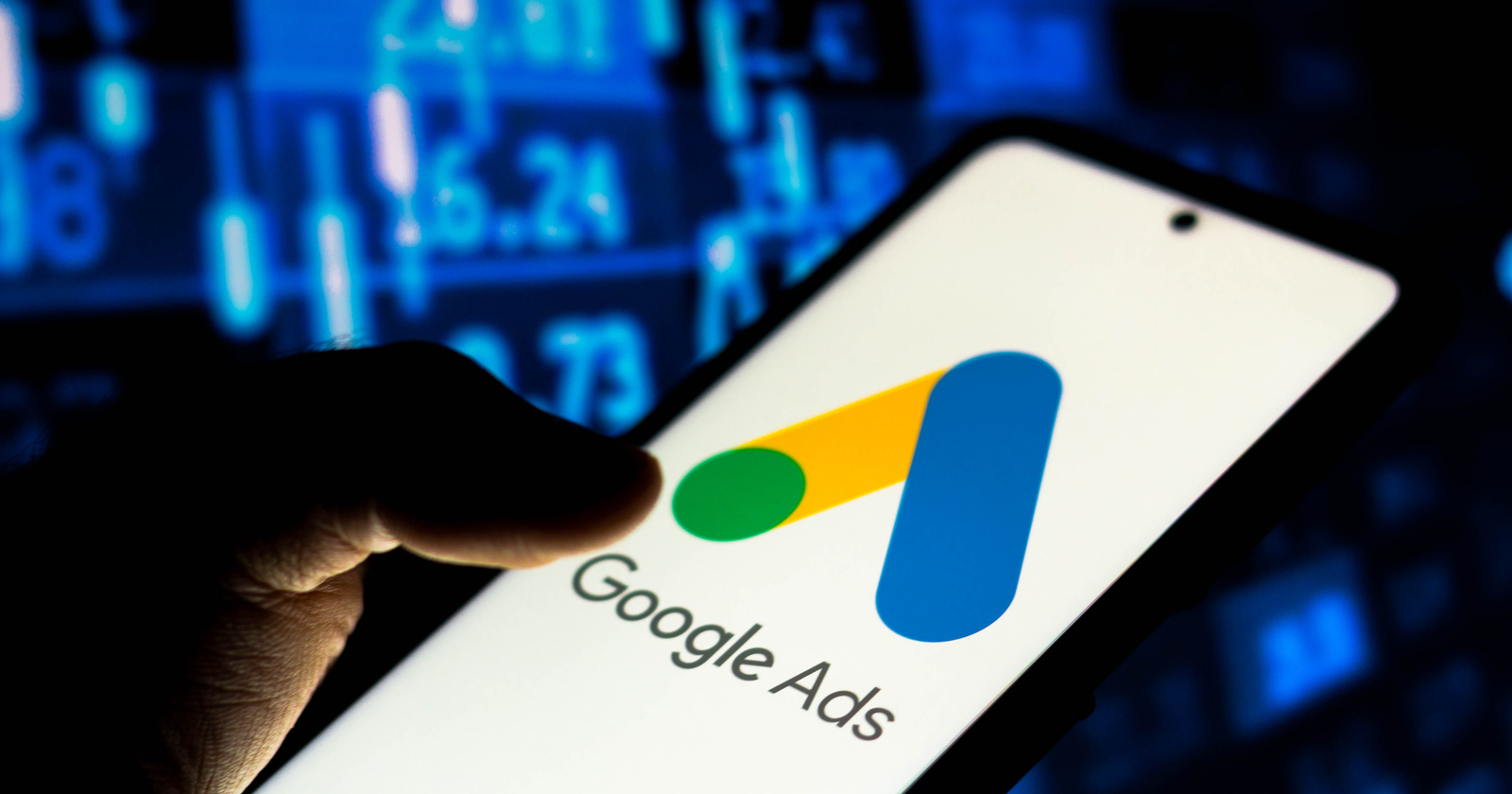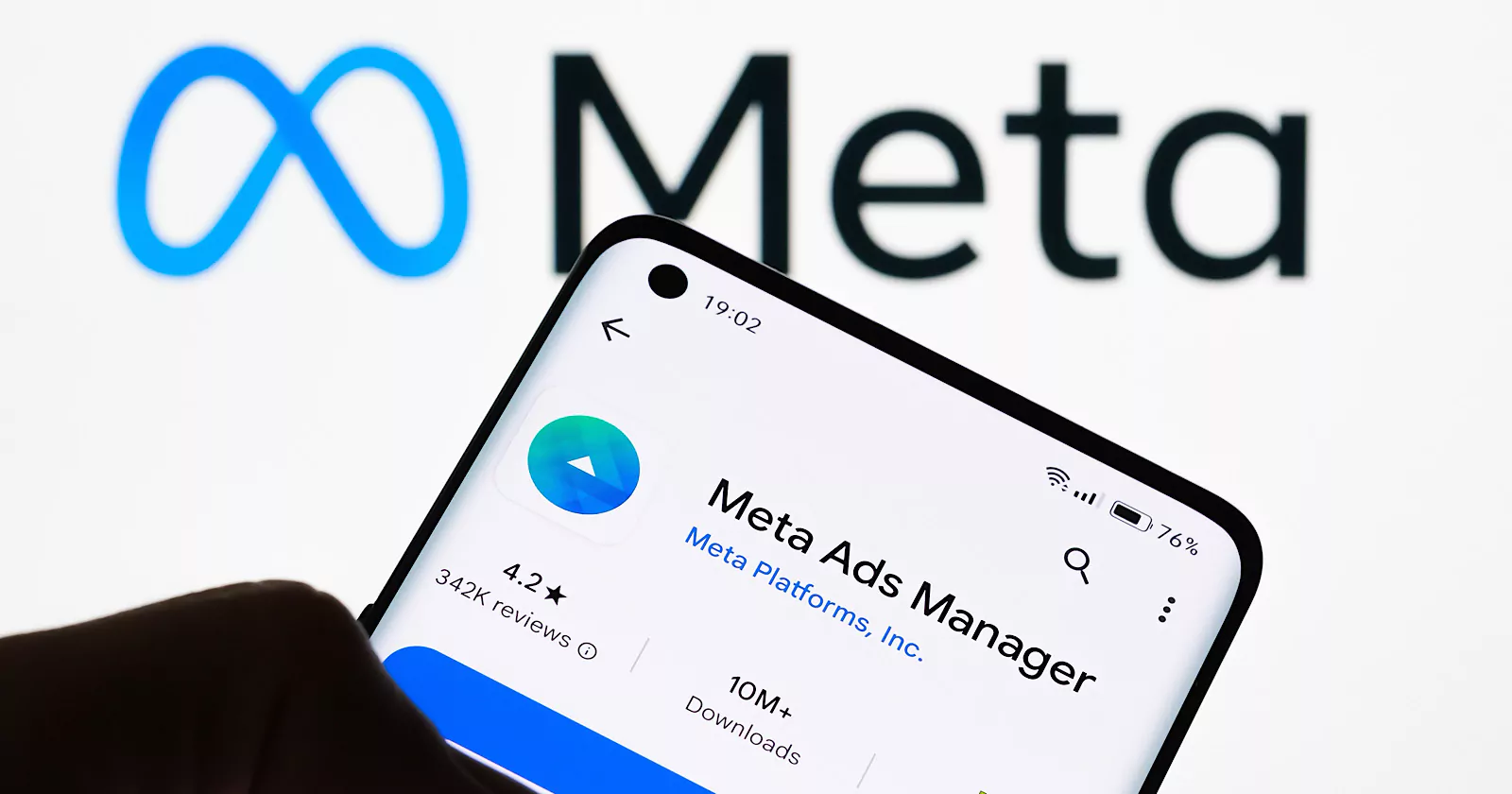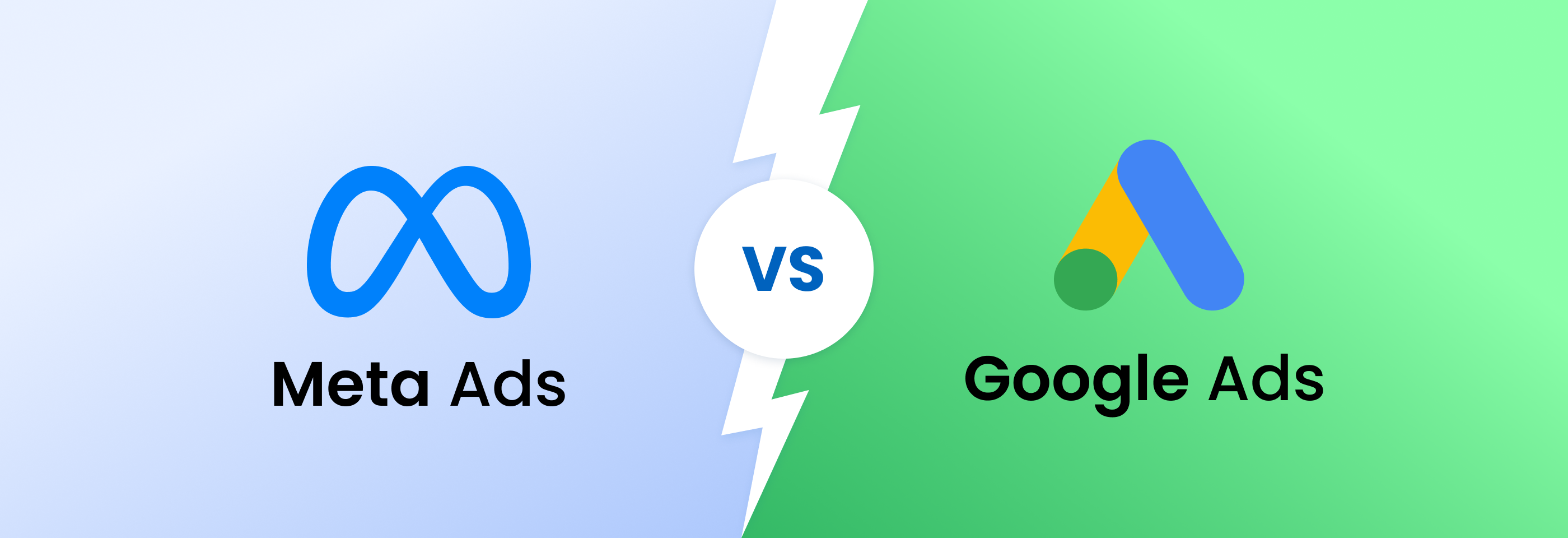In the dynamic world of marketing, staying ahead of the curve is crucial. As technology continues to advance at an unprecedented pace, artificial intelligence (AI) has emerged as a game-changer for marketers. The integration of AI into marketing campaigns isn’t just a trend—it’s a strategic move that can transform how brands engage with their audiences and optimize their marketing efforts. In this blog, we’ll explore how AI is revolutionizing marketing campaigns and how you can leverage its power to drive your brand’s success.
1. Personalization at Scale
One of the most compelling benefits of AI in marketing is its ability to deliver hyper-personalized experiences. Traditional marketing often involves broad, one-size-fits-all approaches. However, AI allows for a more tailored strategy by analyzing vast amounts of data on customer behavior, preferences, and interactions.
For example, AI-powered algorithms can segment audiences with remarkable precision, enabling marketers to create customized content and offers. Imagine a customer visiting an e-commerce site and receiving product recommendations based on their browsing history and purchase patterns. This level of personalization can significantly enhance user engagement and conversion rates, driving higher ROI for marketing campaigns.
2. Predictive Analytics for Smarter Decisions
AI’s predictive analytics capabilities are a game-changer for campaign planning and execution. By analyzing historical data and identifying patterns, AI can forecast future trends and behaviors. This enables marketers to make data-driven decisions, optimize their strategies, and allocate resources more effectively.
For instance, predictive analytics can help determine the best times to launch campaigns, identify which channels will yield the highest return, and predict customer responses to different types of content. By leveraging these insights, marketers can fine-tune their strategies to maximize impact and reduce the risk of campaign failure.
3. Enhanced Customer Insights
Understanding your audience is key to crafting effective marketing campaigns. AI tools can provide deep insights into customer preferences, behaviors, and sentiments by analyzing social media interactions, reviews, and feedback. These insights can reveal trends and emerging patterns that might not be immediately apparent through traditional research methods.
For example, sentiment analysis powered by AI can gauge how customers feel about your brand, products, or services. This information can be invaluable for refining messaging, addressing customer concerns, and improving overall brand perception.
4. Automated Content Creation
Content is king in marketing, but creating high-quality content consistently can be time-consuming and resource-intensive. AI can streamline this process by automating content creation, from generating blog posts and social media updates to crafting email marketing messages.
AI-powered tools can analyze existing content, identify successful elements, and generate new content that aligns with your brand’s voice and goals. This not only saves time but also ensures that your content is optimized for engagement and relevance.
5. Improved Ad Targeting
AI excels in optimizing ad targeting and placement. By analyzing user data, AI algorithms can determine which ads are most likely to resonate with specific segments of your audience. This precision targeting reduces ad spend waste and increases the likelihood of conversions.
For example, programmatic advertising uses AI to automate the buying and selling of ad space in real-time, ensuring that your ads reach the right audience at the right time. This level of optimization can significantly enhance the effectiveness of your advertising campaigns.
6. Real-Time Interaction and Chatbots
Customer service and engagement are crucial aspects of marketing, and AI-driven chatbots are revolutionizing these areas. Chatbots powered by natural language processing (NLP) can interact with customers in real-time, providing instant responses to queries, assisting with purchases, and offering personalized recommendations.
These AI-driven interactions enhance the customer experience, providing immediate support and fostering a positive relationship with your brand. Additionally, chatbots can handle repetitive tasks, freeing up human resources for more complex and strategic activities.
7. Campaign Performance Analysis
Measuring the success of marketing campaigns is essential for continuous improvement. AI tools can provide in-depth analytics and performance metrics, offering insights into what worked and what didn’t. This data-driven approach allows marketers to assess campaign effectiveness, identify areas for improvement, and make informed decisions for future campaigns.
AI-powered analytics platforms can track key performance indicators (KPIs) such as engagement rates, conversion rates, and customer acquisition costs. By leveraging these insights, marketers can refine their strategies and achieve better results.
Conclusion
AI is reshaping the landscape of marketing, offering innovative solutions to enhance personalization, improve targeting, and optimize campaign performance. By embracing AI technologies, marketers can stay ahead of the competition, deliver more effective campaigns, and build stronger connections with their audiences.
As AI continues to evolve, its role in marketing will only become more significant. The key to success lies in understanding how to harness these technologies effectively and integrating them into your marketing strategies. The future of marketing is here, and AI is at the forefront of this exciting transformation. Are you ready to take your campaigns to the next level?


